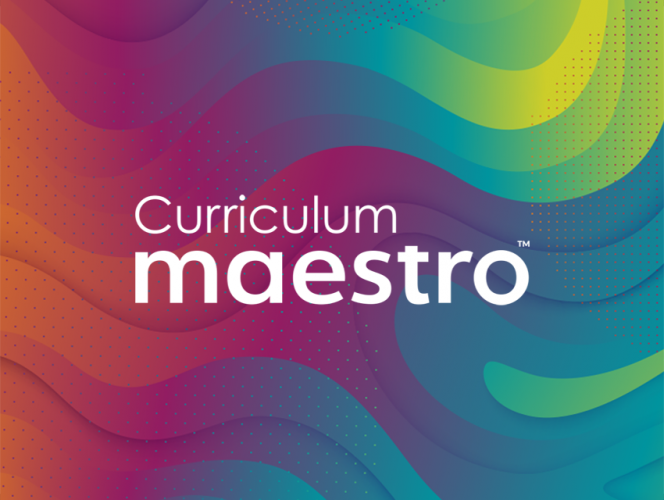At Cronk y Berry School we are committed to providing a varied and exciting curriculum for our pupils. Alongside the teaching of literacy and numeracy skills, themed based learning allows staff to respond to children’s interests, making learning motivating and engaging. It also allows children to make meaningful connections between different areas of learning.
In Foundation Stage (Reception) staff follow the Early Years Foundation Stage Framework. This outlines seven areas of learning and development including: Communication and Language, Physical Development and Personal, Social Emotional Development. These three prime areas of learning are essential for your child’s development and future learning. Following on from this children work on developing their skills in four specific areas: Literacy (reading and writing), Mathematics, Understanding the World and Expressive Arts and Design.
In Key Stages One and Two, Cornerstones is used to deliver skills in Art and Design, Design and Technology, Geography, History, ICT, Physical Education, Music, and Science. Religious Education and Manx culture and history may be taught through cross-curricular themes or as discreet lessons. The school follows a Maths Mastery approach to it’s maths curriculum and follows the ‘Talk for Writing’ approach for the development of writing.
PSHE is delivered through the Jigsaw Programme for Primary. This programme includes statutory Relationships and Health Education, in a spiral, progressive and fully planned scheme of work, giving children relevant learning experiences to help them navigate their world and to develop positive relationships with themselves and others. With strong emphasis on emotional literacy, building resilience and nurturing mental and physical health, Jigsaw 3-11 properly equips schools to deliver engaging and relevant PSHE within a whole-school approach. Jigsaw lessons also include mindfulness allowing children to advance their emotional awareness, concentration and focus.
Our teachers carefully monitor and evaluate each child's progress, throughout the school
year, so that they have a thorough understanding of the pupils' individual needs,
including where they currently are in their learning and their next steps. As part of
developing their understanding of themselves as learners, children are also encouraged
to reflect on their learning and identify their own next steps.

